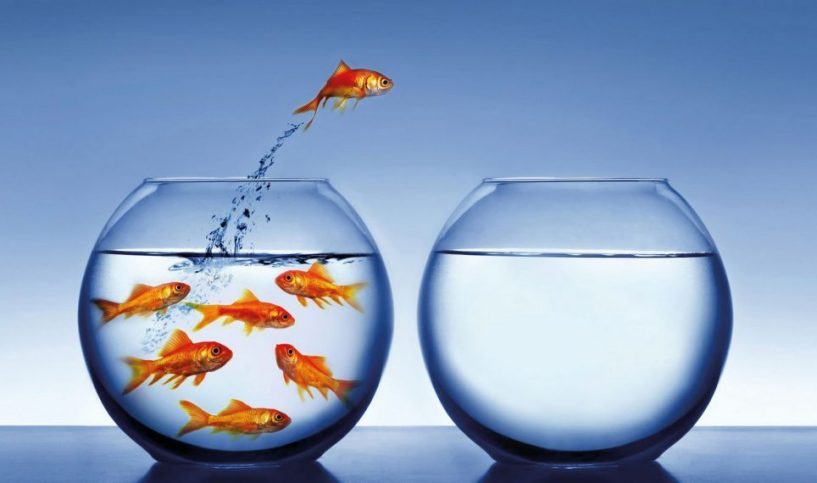Have you ever really considered how the sum of your life experiences, the consequences of your choices, and the impact of the choices of others, has contributed to the person you are today? This week, I’ve been thinking about this for myself after I had the opportunity to revisit a childhood experience, 37 years after the last time I enjoyed it. Walking along the shores of Bear Lake, in northern Canada, I was almost overwhelmed with the memories of the many happy summers I’d spent camping there with family and various friends. That led to me thinking about how those, and other, experiences (both pleasant and painful) shaped my life.
All too often, in my therapy practice, I hear a client try to convey the pain, or the confusion, the disbelief or the denial of his/her current reality. (I have to start here ~ with the pain~ because people don’t seek counseling when life feels wonderful) One of the many tools I use, because it’s brilliant, is a genogram. This is a “map” which creates a picture of the history of a family through diagramming the generations, starting with my client. Together, we document the client’s experience of the individuals who inhabit that map. By building this picture of the family, my clients begin to see patterns such as relationship dynamics, secret-keeping, trauma, addiction, mental illness, disease and so on.
Another tool I might use is to have the client create a timeline of the significant events in his/her life. From the first, or earliest memory to this morning. Creating a visual picture of the experiences which have shaped internal perspectives, external behaviours, and thinking habits creates huge opportunities for those ‘Aha!’ moments that change everything.
Why is this important? …because of a truth in life which cannot be escaped.
“When the observable behavior is negative, the internal thinking is flawed.”
How often have you lamented, “Why is this happening!? I swore I’d never end up in this place/position/pain again! Argh!!” Not fun, and so frustrating.
We cannot change our choices (and thus the outcome) if we don’t know a) how we’re making choices in the first place, and b) how to recognize the range of possible options. The framework by which we make our choices (and even how we recognize the choices we have) is formed in the experiences of childhood, through relationship with others, and by the consequences of the choices we make as we mature into adulthood.
Back to my original question: have you ever thought how the sum of these experiences has formed your internal perspective of yourself, and thus the framework by which you make choices in life? If your internal belief about yourself is negative (for example, I am weak; I am unlovable; I am helpless; I am worthless; I am incompetent; I am _________________________) then it naturally follows that this core belief – this ‘I am…’ statement of Self – will be observable as negative behaviors or painful outcomes. Creating a map, a timeline, a visual record of your life has the potential to link up patterns of behavior, and thus reveal internal thinking habits and beliefs. When this happens, more often than not, everything changes. Suddenly comprehending why a behavior is happening, and how it was formed releases you to make a different choice or to respond to situations instead of merely reacting from habit or conditioning.
Fortunately, we’re not robots. We can root out negative beliefs, reframe our thinking, choose completely different outcomes, and form new behaviors. We humans are amazing creatures. When we take personal responsibility for our internal landscape, we’ve taken a big step toward the opportunity to change life for the better. If you can’t do it on your own, ask for help. That’s what we therapists do best. Help.











